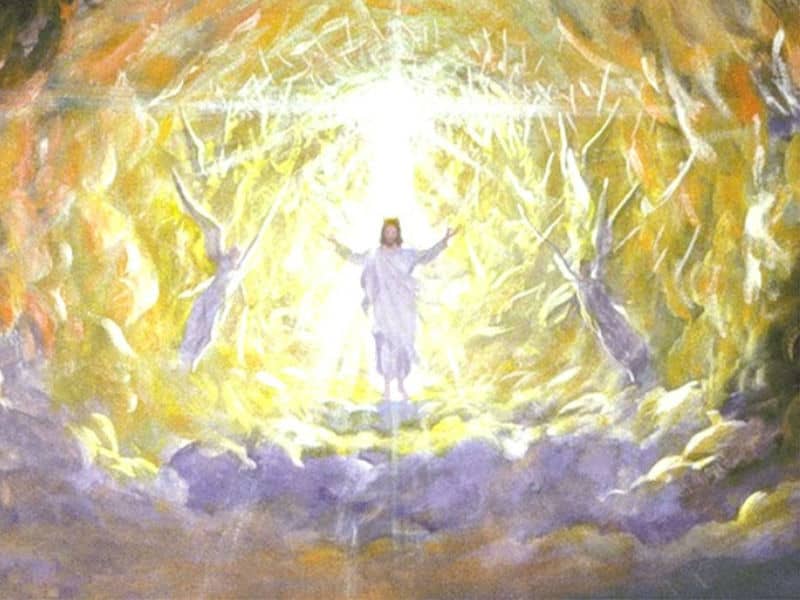Because we Conservative Jews have our roots in a 19th century academic movement that stressed the "scientific" study of Judaism, we are often criticized for a lack of religious fervor, the absence of a religious quest, and a paucity of spirituality. Many people, even among Conservative Jews, believe that because we engage in rigorous, dispassionate scholarship, we view our subject--our own Jewish faith--through a lens of "otherness," as if we are studying some ancient people but have nothing personal at stake. "Where is God in all this?" they ask.
The premise of our scholarly method is that Jews and Judaism have never existed in a vacuum. Rather, we have affected our surroundings, and they have affected us. If the goal of our scholarship is to understand our own growth and development, we must understand our environment. This undertaking is not the disengaged study of some long dead or long forgotten society, but the quest for the understanding of our own essence.
For example, if I am ignorant of the creation and flood traditions of the ancient Near East, I do not comprehend the religious significance of their presence in the Torah. When I read those parshiyot (portions of the Torah) that describe the Flood, they are no less filled with religious meaning because I know we share some core tradition with other ancient peoples. Rather, their spiritual content and significance lie in our unique Judaization of those shared traditions. Indeed, if I do not recognize this phenomenon, I lose a dimension of our religious creativity as Jews. If I naively believe that we alone possess those traditions, or if I worry unnecessarily about whether they are historical fact or not, I miss the point entirely.
.
Louis Finkelstein of blessed memory, the expert on rabbinic writing and theology who served as chancellor of the Jewish Theological Seminary from 1951 until 1972, said, "When I pray, I speak to God; and when I study, God speaks to me." What does the last part of that statement mean, if not that the very type of study to which he devoted his life was, in his understanding, demanded by God? For him, the ultimate quest for Jewish spirituality involved knowing if there was a variant reading in one of 20 extant manuscripts of the Sifra (a rabbinic commentary on the Book of Leviticus). It involved knowing whether a word in the text he was studying came from a Latin root, a Greek root, or an indigenous Hebrew root. Finkelstein knew that the dimensions of Torah could be understood adequately only on the basis of such fully rounded knowledge.
We Conservative Jews have our shortcomings as a movement--the lack of observance and commitment on the part of many of our lay members--and it behooves us to work on them. But we should also bear in mind that what we stand for is authentically Jewish, spiritually rewarding, and religiously fulfilling. At its best, Conservative Judaism is the most authentic road to God in the Jewish world today. That is what attracted me to the Conservative movement in the first place. It is why the movement continues to attract me, and why I unashamedly and unabashedly continue to devote my life to it. It can be just as spiritually rewarding and religiously fulfilling for every Conservative Jew, and I invite them to join me in the quest.

